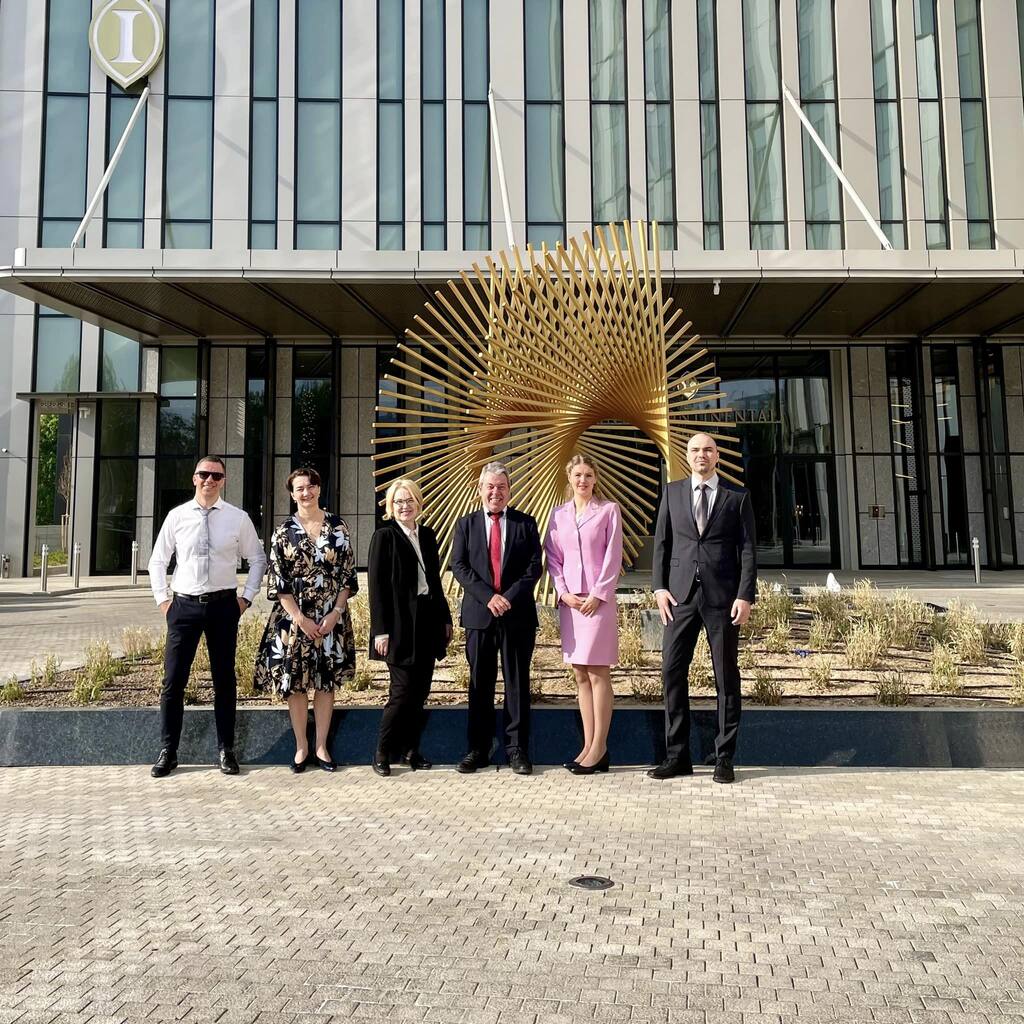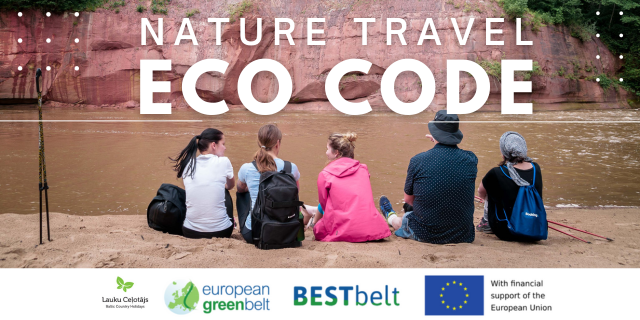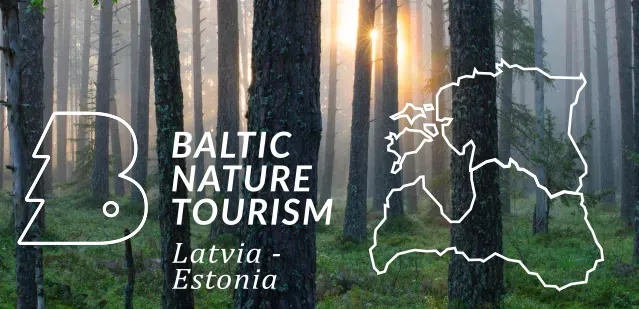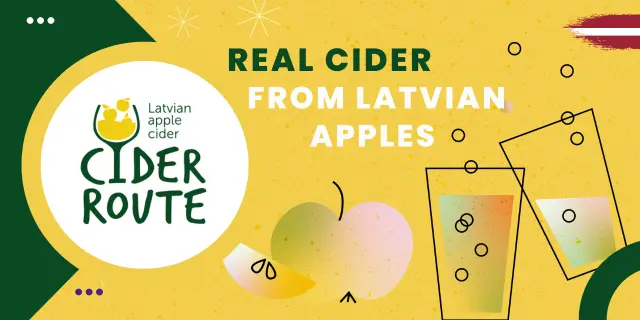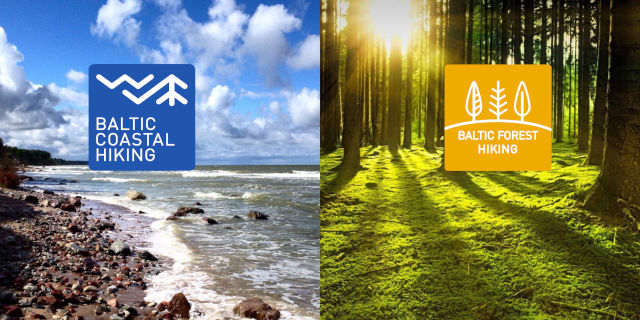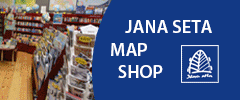
The MOST project is slowly coming to an end
04/04/2023
The MOST project between Uzbekistan, Kazakhstan, Tajikistan, Greece and Latvia is slowly coming to an end. In the course of the project, we shared experience and practical knowledge about sustainable and nature-friendly tourism management, using our environmental quality mark "Green Certificate" as an example. Together with Central Asian colleagues, we worked on new ideas for tourism products and their marketing, highlighting the local identity of these countries and strengthening cooperation between tourism organizations, local communities and tourism entrepreneurs.
At the end of March, the colleagues of "Lauku ceļotājs" visited Tashkent, the capital of Uzbekistan, where they went to several hotels to share our experience on environmentally friendly management and saving resources. There was also the opportunity to visit the Silk Road International University of Tourism, which is the first international university in Uzbekistan where you can get bachelor's and master's degree tourism education. They also did not miss a visit to Samarkand, which is one of the oldest cities in the world, founded around 700 AD, which served as the most important support point of the Silk Road for more than 2000 years. In 2001, Samarkand was included in the UNESCO World Heritage List as a city of crossroads of cultures, where the traditions, knowledge and riches of different peoples meet, which can still be seen and felt at every step. "Seeing Samarkand's rich cultural and historical heritage with our own eyes was really special, and this will remain a bright imprint in our memories for a long time," say colleagues.
During the project we have also translated to English a specially adapted video for Green management issues for small scale enterprises in rural areas. The video can be viewed HERE.

The content and opinions expressed herein are those of the author(s) and do not necessarily reflect the position or policy of the EU or SWITCH-Asia and no official endorsement should be inferred
